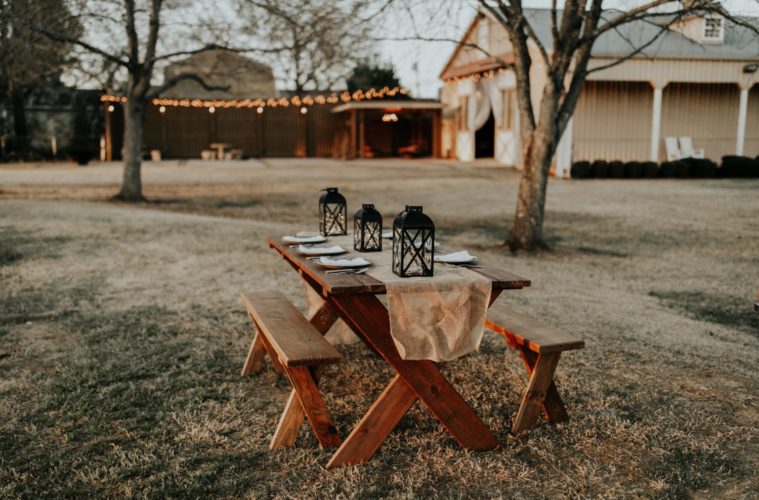If you have been thinking about how stressful last Thanksgiving felt to you, compared to this year, and have come to realize that last year was nothing compared to this year, you are not alone. No matter what your age or physical ability, this year has left all of us searching for answers and reacting in ways we never thought possible. Every day there is a new affront to our sensibilities – an injustice, a mixed message, or personal loss. These have created a collective uncertainty about what new insult tomorrow will bring. The holidays often produce feelings of anxiety, but this year some of us feel a complete loss of control, or utter sadness. Our despair is accompanied by a devout wish that someone would throw us a lifesaver to rescue us from the effects of the COVID-19 pandemic and the co-existing financial threats of 2020. Since we cannot change these concomitant realities, we must look within ourselves for a way to cope with these chaotic life-threatening events.

Source: FEARLESS PSYCHOLOGY
Our first suggestion is that you consider using Mindfulness practice as a means to actively harmonize the mind/body/spiritual connection. Mindfulness, a process of reflection, can lead to a more satisfying sense of self. On a daily basis, we are immersed in news stories that dull our sensibilities and threaten our mental and physical health. So, how do we get off this emotional roller coaster ride? Thanksgiving, a celebration of gratitude for family and friends, may remind us of what is more important.
Whether you realize it or not, you may already be practicing mindfulness in assessing what to do about Thanksgiving and the risks accompanying your choices, keeping in mind that what we really want is to spend quality-time with our families and friends, but we must consider the threat of spreading the virus. We are used to being exposed to health risks like a common cold or flu during the holidays. The COVID-19 threat is challenging us to consider what to do this year. Older adults, disabled persons, or anyone with a pre-existing condition must weigh the choices carefully. The wrong choice could lead to a terminal illness. So, what are the options, having short-term gratification or long-term survival?
Below are three mindfulness practices to consider as we approach Thanksgiving:
1. Mindful Communication with family and friends
Make an effort to share your concerns or preferences with loved ones about Thanksgiving and be willing to listen and work with one another to create the best solution for all involved and make necessary accommodations, for example, having a virtual celebration.
2. Mindful Meditation
Explore your own thoughts and emotions and work through them to consider adapting to change. You can keep a journal, exercise, pray, or take part in virtual meditations. Agape International Spiritual Center, rooted in the truth and equity found in unconditional love, has previously recorded meditation services as well as live workshops every Sunday.
3. Mindful Gratitude
Write down five things, a list of daily gratitudes, every morning or before bedtime. Sometimes, as we move so fast through life, we will jump from thing to another and fail to recognize their impact on our lives. A list of gratitudes may include loved ones, pets, a park you enjoy visiting, good health, home, goals in process or achieved, or any important memory. Remember, the secret is to focus on what you do have, what you can do and to disregard do not have or what you cannot do.
If you or someone you know could use some free emotional support for any number of reasons related to COVID-19, call CAL Hope (1-833-317-4673) for assistance and to find local resources available to you.
If you have questions, or comments about this article, please contact the authors at usc.rxxlab@gmail.com.
Erin Crutcher, MSG Candidate, Research Assistant; Mengzhao Yan, MA, Senior Lab Assistant; George Shannon, MSG, PhD; Director, USC Rongxiang Xu Regenerative Life Science Lab (RxX Lab).
Advertising disclosure: We may receive compensation for some of the links in our stories. Thank you for supporting LA Weekly and our advertisers.

